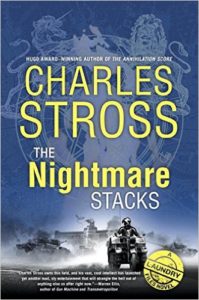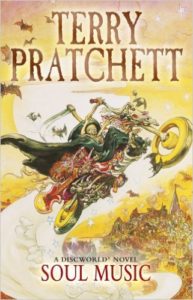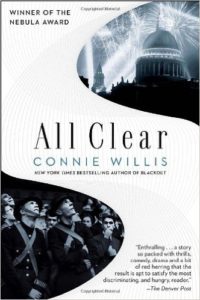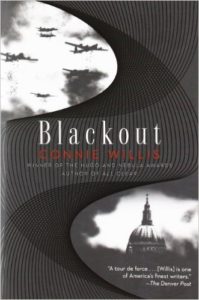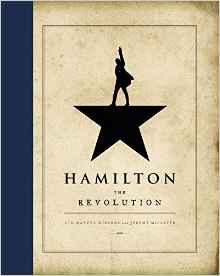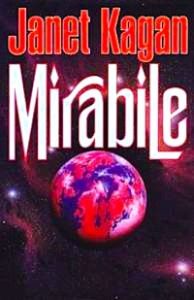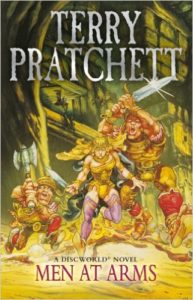Charles Stross’ Laundry series began as pastiches of spy novels, with Lovecraftian beings of endless horror substituting for cat-stroking megalomaniacs as the bad guys. Running a close second in the bad guy scheme of things are the higher reaches of the spy organization, partly because the third well of inspiration for the series is The Office, but partly also because some of the higher-ups are not actually human.
The series posits that magic is essentially a very specific form of advanced mathematics, with certain theorems acting as gateways to otherwise inaccessible but very real dimensions. A corollary of that approach is that devices that can perform vast amounts of calculations are effectively magical as well. A further premise of the series is that the performance of magic to bridge dimensions weakens the borders between them. With computing power increasing dramatically over the course of the late 20th and early 21st centuries, the barriers between good old earth and gibbering horrors from beyond the walls of space are becoming very permeable indeed.
One of the key themes of the early books in the series is keeping secrets secret. This is part of the espionage genre, made more important by the cosmic scale of the threats faced by the protagonists. If Downing Street doesn’t want people to know what the KGB gets up to on British territory, Number 10 really doesn’t want to explain that there is a whole section of the intelligence apparatus devoted to keeping brain-eating horrors away from the populace. Mad cow disease was bad enough. And for the first several books that works well: main protagonist Bob Howard learns more about the inhuman threats in the multiverse, fights off baddies of various stripes (and tentacles), develops his abilities as a mathematical sorcerer, and rises a bit through the ranks, which makes him subject to the dark arts of HR and occasionally draws the terrifying scrutiny of an auditor. The cloak and dagger and theorem escapades stay under the cloak of secrecy.
By the end of the previous volume in the series, The Annihilation Score, the threads of that cloak are starting to unravel. There is a major incident in the Albert Hall, and despite practice at deception, magical enhancement, and a good story about superheroes, HM Government is hard pressed to keep the truth under wraps. The Nightmare Stacks tears that cloak to shreds. The series has also been slowly building toward several possibly apocalyptic scenarios; a key question the Laundry personnel face in The Nightmare Stacks is which one seems to be playing out already, and whether it is only one apocalypse at a time, or perhaps several. There’s a reference early on to the Ghostbusters Twinkie, and it’s entirely fitting. The book is action-packed almost from the very beginning, and the Things that have gone bump in the night have come out to play by the light of day.

